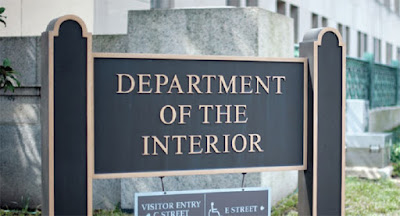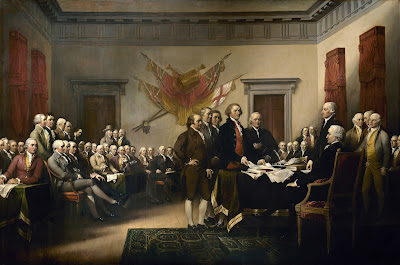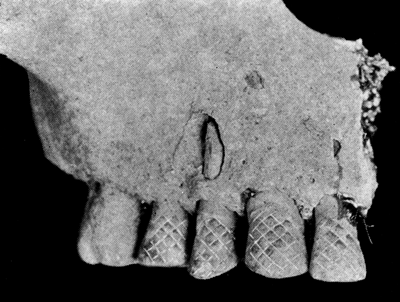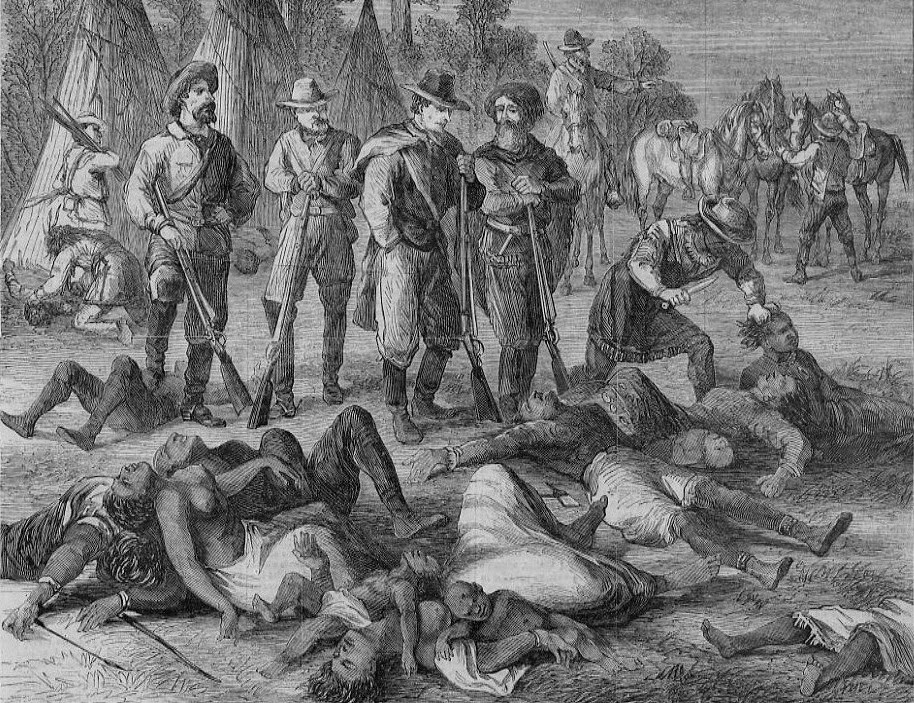I Mismo Na'ån-mu

One passage that has long stayed with me in terms of understanding ethics is from one of Slavoj Zizek's books, where he mentions the Egyptians being swallowed up by the Red Sea as they trail the escaping Israelites. According to Jewish tradition he writes, when the Israelites celebrate the death of their long-time enemies, God chastises them. He tells them, how dare they celebrate that which he created. Who are they to celebrate the destruction of something that comes from God. Even if they were opposed in the drama of life on earth, they come from the same source and they have right to celebrate something which is equal to them in its origin. This type of repositioning is the basis for many types of ethical engagement. The idea that there is always some deeper level, some deeper intersection of humanity that we can and should appeal to in order to create something that is more just and more moral. But we can become so comfortable in our identities, so stuck in them, that it








